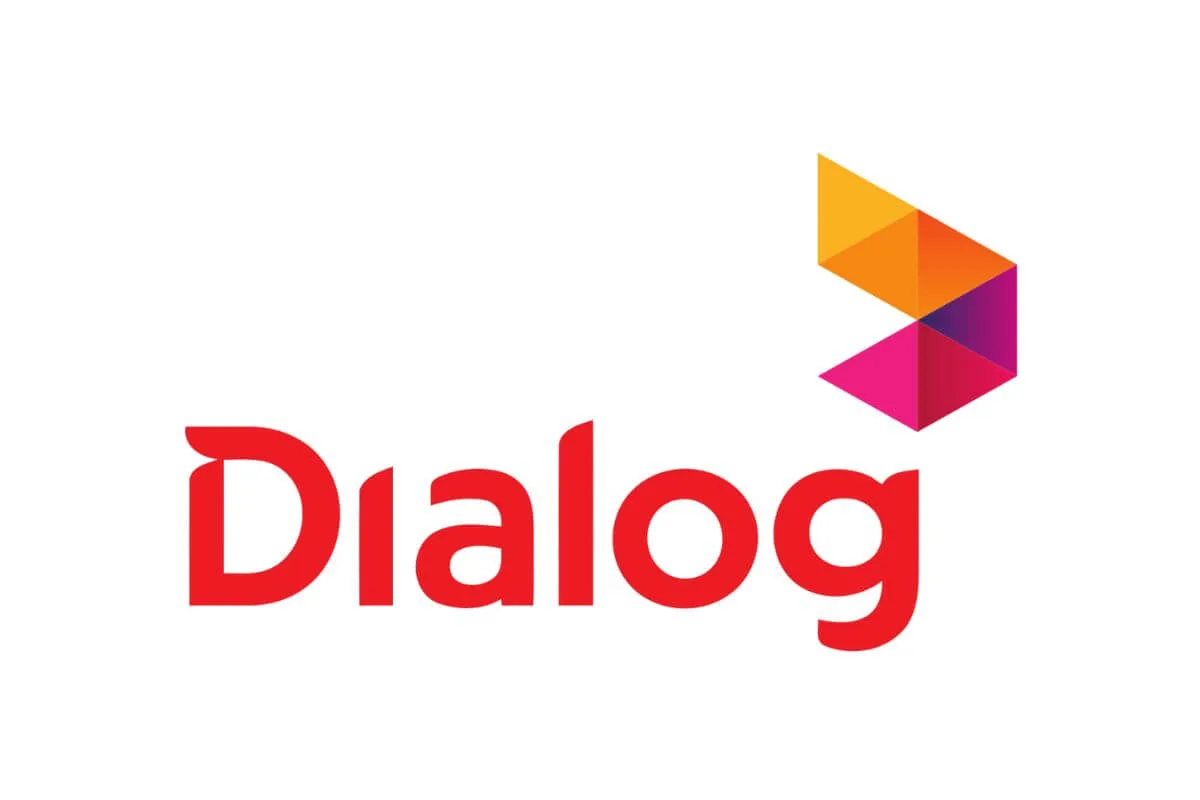
Sri Lankan telecommunications provider Dialog Axiata has deployed what it claims is the world’s first commercial implementation of the virtual Base Station Controller (vBSC) in collaboration with Ericsson. This deployment is expected to enhance the consumer experience by improving network performance and reliability.
Also Read: Dialog Axiata Launches AI-Based Health Scan Service In Sri Lanka
Virtual Base Station Controller Deployment
vBSC is a virtualised version of the traditional Base Station Controller, a critical component that manages and controls IoT and critical communications over GSM. It operates as software on virtualised hardware rather than as a physical piece of equipment, providing flexibility and scalability in managing and controlling networks.
According to Ericsson, the vBSC—which is compatible with all generations of mobile technology—is designed to leverage the capabilities of Ericsson's Network Function Virtualisation Infrastructure (NFVI) platform. It delivers the same essential functions as its hardware-based counterpart.
Benefits of vBSC for Dialog Axiata
Dialog is the first customer to deploy vBSC, using virtualisation to enhance operational efficiency while reducing dependency on proprietary hardware. The modernisation initiative will replace BSC controllers and significantly reduce the Total Cost of Ownership (TCO), as virtualisation of these networks/BSCs offers substantial savings, the official release said.
The deployment of vBSC also brings significant operational savings in terms of power and space compared to its native hardware counterpart. It enables Dialog to achieve notable reductions in power consumption and physical footprint, leading to substantial cost savings and enhanced environmental sustainability, Ericsson explained.
Also Read: Dialog Axiata Completes Merger with Airtel Lanka
Transform Telecom Industry
Ericsson noted that the deployment of this virtual Base Station Controller is set to transform the telecommunications industry by offering a cost-effective, efficient solution for modernising networks and significantly reducing operating expenses.















